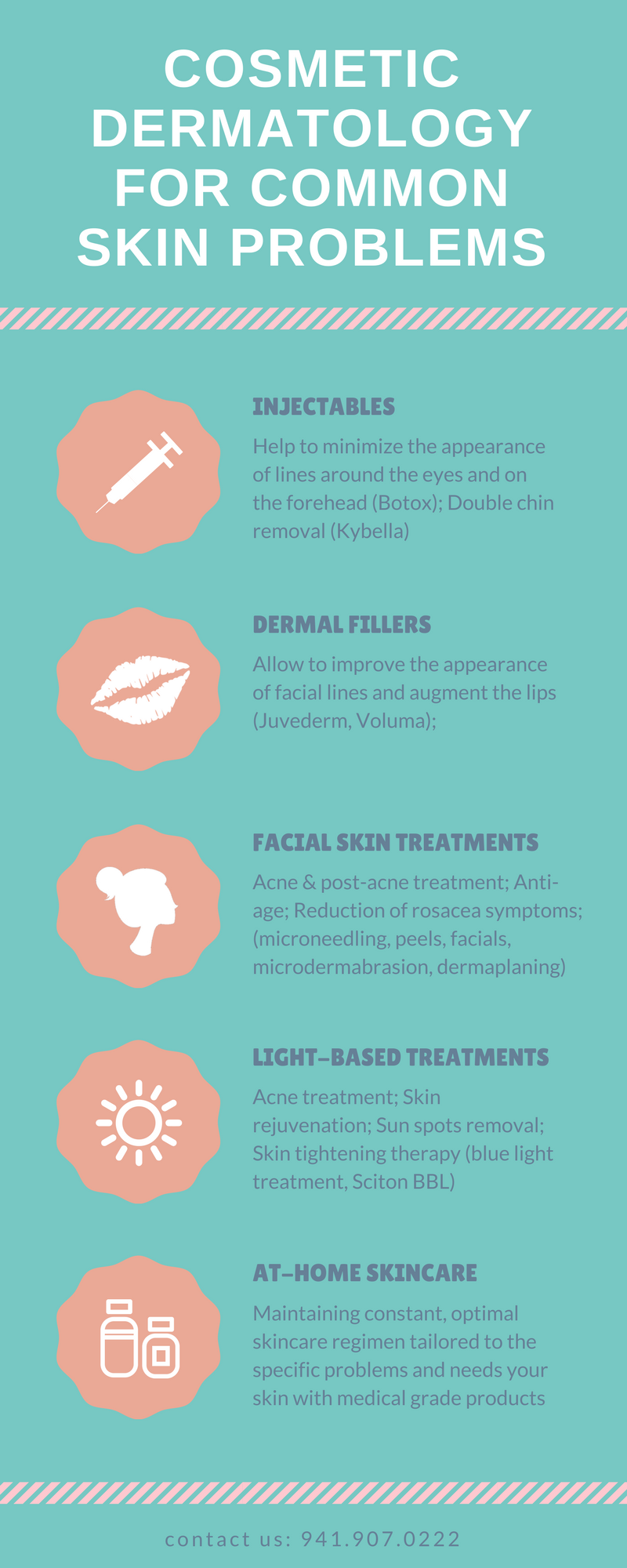Misconceptions And Truths Regarding Acne: Debunking Common Misconceptions
Misconceptions And Truths Regarding Acne: Debunking Common Misconceptions
Blog Article
Write-Up Produced By-Melvin Hawkins
You might think that enjoying delicious chocolate or greasy foods is the source of your acne, yet that's just one of many misconceptions swirling around this usual skin disease. In fact, acne largely originates from clogged up hair roots, not your last dessert. Misconceptions like these can lead you to take on inadequate skin care techniques that may even aggravate your circumstance. As you navigate the realities behind acne, you'll find insights that could transform your approach to skin care and help you accomplish clearer skin. So, what truly lies under the surface area?
Common Myths Concerning Acne
When it concerns acne, lots of people count on usual myths that can bring about complication and frustration. One common misconception is that eating delicious chocolate or greasy foods creates acne. While diet plan can influence skin health and wellness, the direct link in between specific foods and acne isn't as precise as many think.
One more common misunderstanding is that you ought to scrub your face strongly to clean up breakouts. In reality, aggressive rubbing can aggravate your skin and get worse acne.
You might additionally think that acne just influences teens, however adults can experience it also, frequently as a result of hormone changes or stress. Some people think that tanning can improve acne, yet sun direct exposure can in fact cause skin damage and get worse breakouts in the long run.
Last but not least, lots of believe that utilizing severe products will remove acne promptly. Nonetheless, these products can strip your skin of its natural oils, bring about enhanced inflammation and even more breakouts.
Scientific Information Behind Acne
Comprehending the clinical facts behind acne can encourage you to tackle this typical skin problem better.
Acne happens when hair roots become blocked with oil, dead skin cells, and bacteria. This process commonly begins with an overflow of sebum, the oil your skin naturally creates. Hormone changes, particularly during puberty or menstrual cycle, can activate this excess oil.
Microorganisms known as Propionibacterium acnes prosper in these blocked pores, bring about inflammation. When your body immune system responds, it can cause redness and swelling, resulting in those bothersome acnes or cysts.
Genes likewise play a role; if your parents had acne, you may be a lot more prone to it.
Diet regimen and anxiety degrees can influence acne as well, but study is still advancing in these locations. While indulging in oily foods won't straight cause outbreaks, a balanced diet regimen can sustain your skin health and wellness.
Likewise, managing anxiety can decrease hormonal variations that might worsen acne.
Tips for Managing Acne
Taking care of acne effectively needs a mix of everyday skincare practices and way of life adjustments. Begin by developing a constant skin care regimen. Clean your face two times a day with a gentle, non-comedogenic cleanser to remove dust and excess oil. Avoid rubbing also hard, as this can aggravate your skin and get worse acne.
Next off, how long after microneedling can i wear makeup including salicylic acid or benzoyl peroxide to aid prevent outbreaks. Constantly follow up with a light-weight, oil-free cream to maintain your skin hydrated. Don't neglect sun block; opt for non-comedogenic choices to shield your skin from UV damages without clogging pores.
Past skin care, take note of your diet regimen. Restriction sugary and greasy foods, and focus on fruits, veggies, and whole grains. Staying moisturized is vital, so drink lots of water throughout the day.
Additionally, take care of stress and anxiety with tasks like yoga, meditation, or workout, as anxiety can set off breakouts.
Lastly, avoid choosing or standing out acnes. This can bring about scarring and more swelling. If your acne continues, speak with a dermatologist for tailored therapy options.
https://westchestermagazine.com/life-style/health/best-cosmetic-doctors-2021/
In conclusion, it's essential to different fact from fiction when it involves acne. By exposing common misconceptions, you can better recognize your skin and make informed options for your skincare routine. So, why remain to count on obsolete ideas when the truth can encourage you? Embrace healthier practices, focus on mild cleaning, and remember that taking care of acne is a trip. With the best knowledge, you're one action more detailed to clearer, healthier skin.
